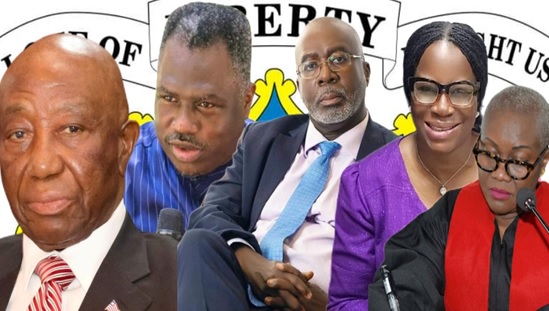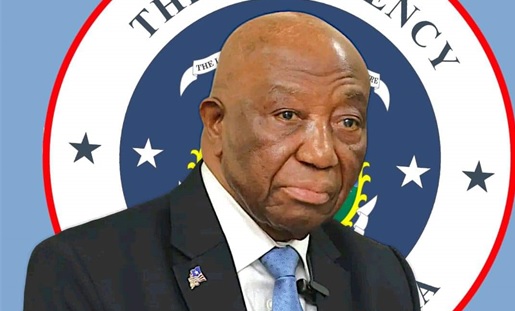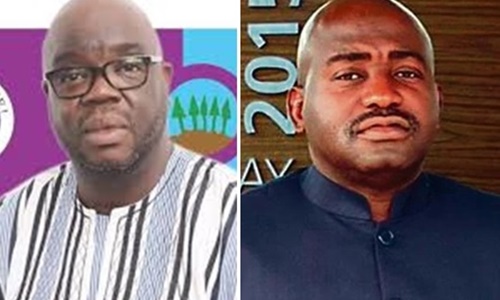MONROVIA – The everyday struggle of Liberia’s masses is often fueled by hopes of electing officials who will better their lives and improve the country’s troubled economy. However, for many, these dreams are continually shattered as public officials prioritize their own interests and those of their families. Dishonest behavior and corruption have become rampant, leading to a widespread outcry from civil society activists, political commentators, and ordinary citizens alike.
Today, renowned activist Martin K. N. Kollie added fuel to this fire with a damning breakdown of government spending, revealing how public officials are benefiting at the expense of the impoverished populace. In a social media post, Kollie detailed the government’s alleged misuse of funds, citing a staggering $1.5 million spent on a one-week special sitting by the House of Representatives, $812.6K by the Senate, $350K for a Judiciary Annual African Meeting, and $1.12 million on armored vehicles for the President and Vice President.
In his post, Kollie sarcastically wrote, “Y’all really know how to ‘RESCUE’ Poor People,” taking a sharp jab at the ruling Unity Party (UP) government headed by President Joseph Nyuma Boakai. Kollie, once a strong advocate for the UP during the presidential election, is now exposing what he perceives as a continuation of corrupt practices from the previous administration of the Coalition for Democratic Change (CDC). His criticism of the government’s spending practices sparked widespread reactions, with over 400 comments on Facebook within hours of the post.
While many supported Kollie’s claims, others were less sympathetic, accusing him of hypocrisy. One commenter, Togar Alexander Bealded, questioned Kollie’s judgment and foresight, stating, “At some point I wonder if you didn’t know these people and this trend? I wonder about your 2029 mission as you believe in the same folks’ stewardship. Why are you making noise now? You brought this! You will support these same folks after all this—stop fooling our people, they know you.”
Her Excellency Brenice Wesseh, another critic, expressed her frustration over the government’s tactics, calling them “daylight robbery” and accusing officials of using tricks to siphon funds. William B. Carl Martin, however, praised Kollie’s shift in loyalty, commending him for speaking against the ills of the same administration he once supported, and adding, “Your loyalty is not to a person or government but to the country.”
Despite the range of responses, one thing is clear: the ordinary people of Liberia are growing increasingly disillusioned with their leaders. The government’s lavish spending, contrasted with the everyday struggles of the masses, has amplified the frustrations of many citizens who are now more vocal about holding their leaders accountable.
As Kollie continues to shine a light on these issues, his bold stance could signal a wider movement calling for transparency and change in Liberia’s government. However, whether or not these calls will lead to substantial reform remains to be seen. For now, the tension between the government and its people grows, with activists like Kollie refusing to stay silent in the face of dishonesty and corruption.







